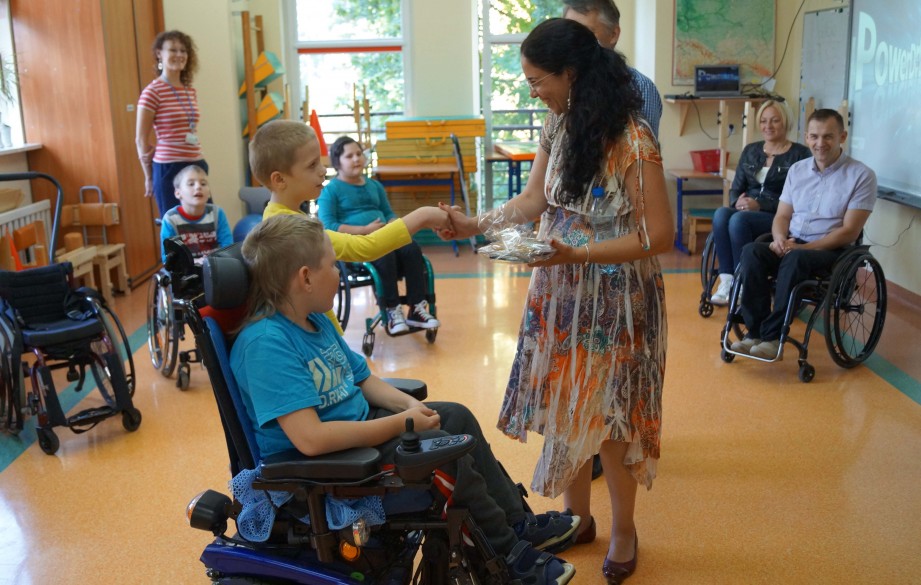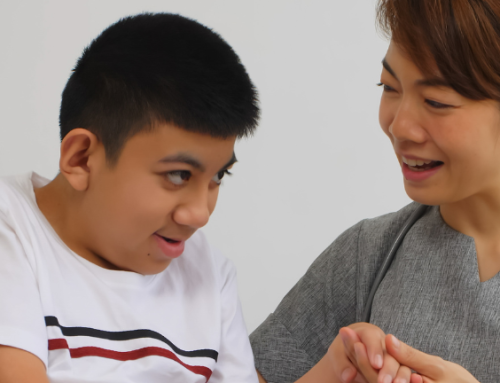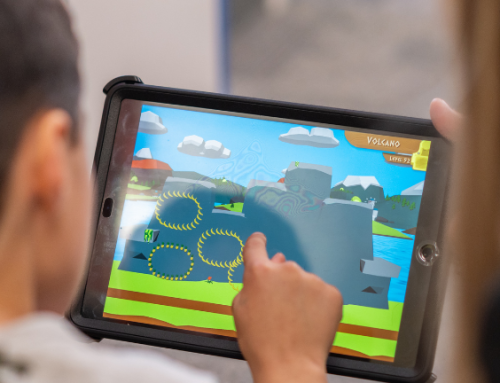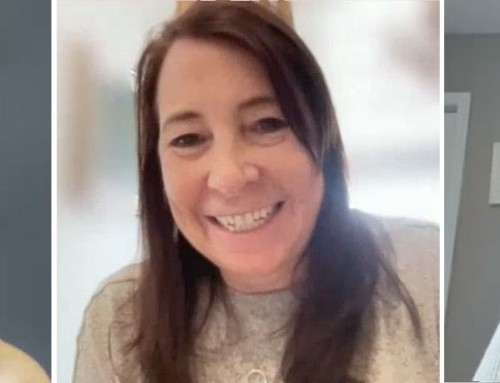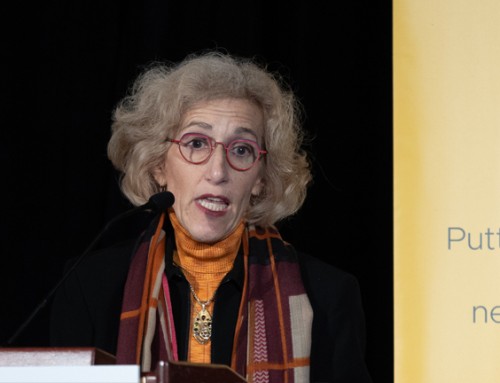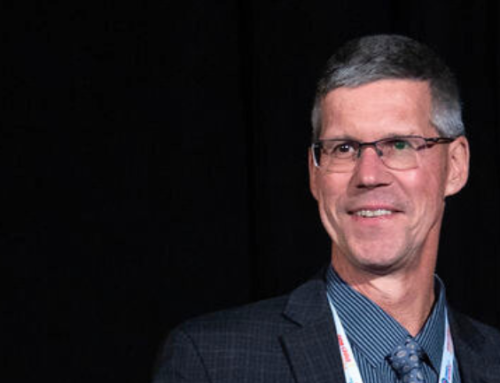Dr. Verónica Schiariti is championing the use of an online tool to promote care for children and youth with cerebral palsy (CP) that emphasizes their functional capacities and abilities.
Her efforts to transform the way CP is perceived and medically supported began as a Kids Brain Health supported postdoctoral fellow. As a trainee in developmental neurosciences and child health at the University of British Columbia, Dr. Schiariti led a knowledge translation initiative to encourage clinicians to adopt the International Classification of Functioning, Disability and Health (ICF) Model for management of children with CP.
“Functional ability is the information we are missing when kids are diagnosed with a chronic condition,” says Dr. Schiariti.
“Usually, we focus on limitations during assessment. We don’t have an indication about what they can do, and do do, every day, and what they enjoy. What we’re trying to do with the tool is change the approach and the vocabulary we use, to place abilities first.”
What is the ICF Model?
“The ICF belongs to the family of international classifications developed by the World Health Organization (WHO) for describing various aspects of health,” explains Dr. Schiariti. Essentially a list of categories that describe the most relevant or important areas of functioning for a specific population, the ICF includes activities and participation, as well as social and environmental factors that engage and impact individuals.
“Specifically, the ICF provides a standard language and a conceptual basis for the definition and measurement of health and disability,” she adds. Collaborating with developmental clinicians and therapists, Dr. Schiariti led development of tools focused on categories appropriate to children and youth with CP. Known as Core Sets, these tools provide a framework for assessment, evaluation and follow up from birth to the age of 18.
Widespread use of these tools could have an enormous impact. “The consistent application of the ICF Core Sets has the potential to improve service delivery for children and youth with CP around the world,” affirms Dr. Schiariti.
Gap Between Perceived Benefits and Implementation of an Abilities-Oriented Approach
An abilities-oriented approach focuses on what a person can do, and how their strengths and abilities can be built upon to help them achieve their goals.
“Traditionally, services – not only for CP but for all childhood disabilities - were planned based on what was wrong and what people could not do,” explains Dr Schiariti.
“When I learned about ICF, I wanted to be part of that approach. Speaking as a physician, I was frustrated before – my main focus was on diagnosis, highlighting impairments at the level of body structures and functions.” Working at British Columbia’s Sunny Hill Health Centre during her PhD, she witnessed physical and occupational therapists taking a more functional approach with children with disabilities. “I was thinking, ‘why can’t I have a different perspective, and talk about different activities and options in the community’. I realized the importance of teamwork, but that is not the reality for many physicians.”
On the ground, “the actual practice of identifying and working with abilities-oriented approach as a foundation for interventions is rarely experienced by families and children with disabilities,” says Dr. Schiariti.
She believes there are a combination of factors contributing to this including, education of clinicians, misconceptions about disability as well as a lack of tools, funding and support.
Another major issue is a lack of public awareness about the abilities and functional potential of people with disabilities when they receive support through appropriate adaptations and modifications.
The ICF Educational e-Tool Gaining Ground
The ICF Core Sets for CP and online tools she developed during her Post-Doctoral work are helping a growing number of health professionals learn to apply an abilities-oriented approach in their interactions with children and youth with CP.
A highlight of the e-tool is the 5 practical case studies that illustrate real scenarios, created by Dr. Schiariti and her colleagues at Sunny Hill.
“The case studies use a positive language and a multidimensional approach to functional assessments. Importantly, each case study emphasizes the role of contextual factors ─ such as immediate family members, friends, and the role of assistive technology ─ on functional abilities and social participation,” explains Dr. Schiariti.
The case studies include a self-evaluation quiz and are supported by downloadable learning materials that facilitate the application of acquired knowledge.
The website content is available in English, Portuguese, and soon in Spanish. The ICF Core Sets have also been translated into a number of other languages to support their application worldwide. These translations, along with other related resources are available through this open access e-tool.
Education effecting change
Since its launch in 2015 the ICF educational e-tool has been well received, gaining international recognition.
At least 14 countries have adopted the tool as part of their educational curriculum. The e-tool also features on the WHO- Functioning and Disability Reference Group’s ICF educational portal.
Dr Schiariti has been invited to coach professionals worldwide and many countries have been inspired to start their own projects based on the principles of the e-tool.
“All in all, the results of this Knowledge Translation exceeded our expectations. I received emails from colleagues around the world expressing their enthusiasm and motivation to change their approach in clinical practice after learning and interacting with the e-tool,” she says.
But educating clinicians and other health professionals is not the end of this project. A strong believer of education as mechanism for change, Dr Schiariti is continuing to work towards changing the narrative through knowledge translation.
To this end she is developing more educational e-tools – one directed at the families of children with CP, as well as one called My Abilities First for peers for school-aged children and the general public.
Dr Schiariti said she thinks they’re are moving towards a right direction and that they will hopefully change the language, the perception and beliefs towards disability and specially towards CP.
This story draws from earlier Kids Brain Health coverage of Dr. Schiariti’s work, and an excellent article prepared for the World CP Day campaign in 2018.


